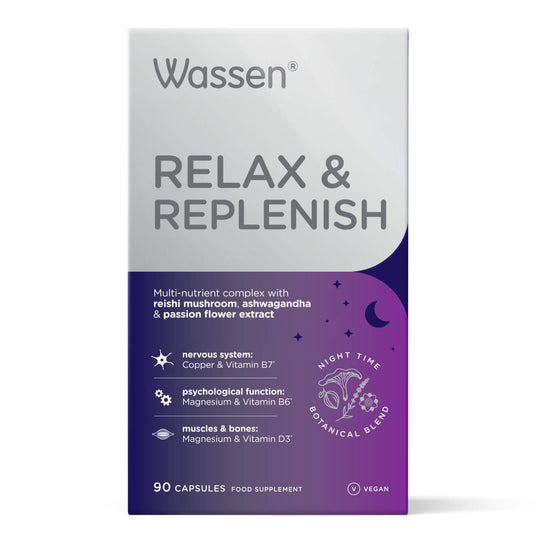In our fast-paced and demanding world, getting a good night's sleep is essential for maintaining overall health and well-being. Establishing a healthy bedtime routine can significantly improve the quality of your sleep and set you up for a more productive and energetic day ahead. In this blog, we will explore practical steps to create a bedtime routine that promotes relaxation, reduces stress, and ensures you wake up refreshed and ready to tackle the day.
- Set a Consistent Sleep Schedule
Consistency is key when it comes to improving your sleep quality. Try to go to bed and wake up at the same time every day, even on weekends. This helps regulate your internal body clock, making it easier to fall asleep and wake up naturally without feeling groggy.
- Create a Calming Environment
Transform your bedroom into a tranquil sanctuary conducive to sleep. Make sure the room is cool, dark, and quiet. Invest in comfortable, supportive bedding and consider using blackout curtains to block out external light. Keep electronic devices out of the bedroom or at least turn them to "Do Not Disturb" mode to avoid disruptions from notifications.
- Limit Screen Time Before Bed
The blue light emitted by screens can interfere with the production of the sleep hormone melatonin, making it harder to fall asleep. Aim to stop using electronic devices at least an hour before bedtime. Instead, engage in relaxing activities such as reading a book, practicing gentle stretching, or listening to calming music.
- Avoid Heavy Meals and Stimulants
Eating heavy meals close to bedtime can lead to discomfort and indigestion, making it difficult to fall asleep. Likewise, stimulants like caffeine and nicotine can disrupt your sleep patterns. Try to avoid these substances at least four to six hours before bedtime.
- Establish a Wind-Down Routine
Create a soothing wind-down routine that signals to your body that it's time to relax and prepare for sleep. This can include activities like taking a warm bath, practicing mindfulness meditation, or doing some light stretching exercises. Find what works best for you and make it a consistent part of your evenings.
- Practice Breathing Exercises
Deep breathing exercises can be incredibly beneficial in reducing stress and promoting relaxation before bedtime. Try the 4-7-8 technique: inhale deeply through your nose for a count of 4, hold your breath for a count of 7, and exhale slowly through your mouth for a count of 8. Repeat this cycle a few times to calm your mind and body.
- Write in a Journal
If you find your mind racing with thoughts or worries at night, consider keeping a journal by your bedside. Spend a few minutes jotting down your thoughts, feelings, and any tasks you need to remember for the next day. This can help clear your mind and alleviate anxiety, making it easier to drift off to sleep.
- Limit Naps during the Day
While short power naps can be rejuvenating, long or frequent naps during the day can disrupt your nighttime sleep. If you feel the need to nap, aim for 20-30 minutes and avoid napping too close to your bedtime.
In Conclusion...
A healthy bedtime routine is not only about the time you spend in bed; it's about the activities and habits that lead up to it. By following these practical tips and customizing them to suit your preferences, you can create a bedtime routine that promotes relaxation, reduces stress, and improves your overall sleep quality. Remember, quality sleep is the foundation for a productive, happy, and healthy life. Sweet dreams!




